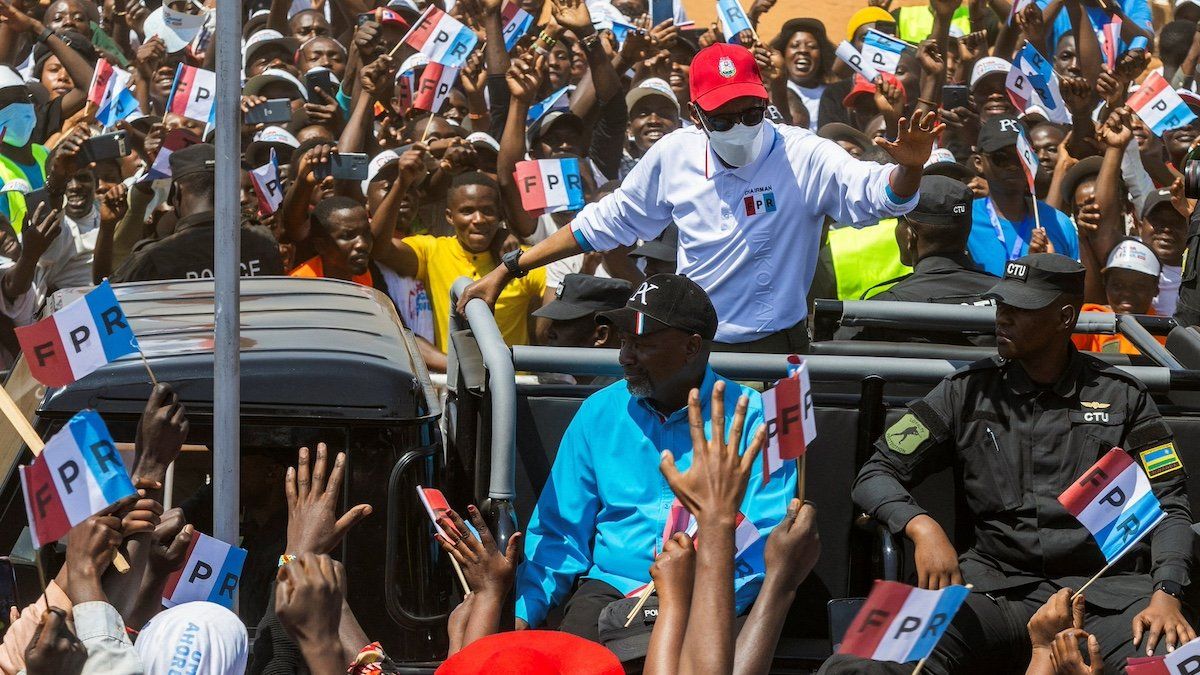Rwandans are heading to the polls Monday for a presidential election, and while official results are not expected until next Saturday, President Paul Kagame – who won with a suspicious 98.8% of the vote in 2017 – looks set to secure a fourth term.
Kagame first came to power in 1994, when he led the rebel militia and overthrew the Hutu government responsible for the Rwandan genocide that killed over 800,000 people. He’s been in power for over three decades and oversaw the removal of term limits via referendum in 2015.
Praised for returning stability to the country, and for its emergence as a financial hub, Kagame has also come under increasing international scrutiny for alleged human rights violations and for backing rebel groups in the neighboring Democratic Republic of the Congo.
Voter turnout is expected to be high, but against a backdrop of crackdowns on the opposition and political dissent, there are valid questions as to how free and fair the election is. Only two opposition candidates – the same two allowed to face Kagame in 2017 – were cleared by the state-run electoral commission this time. Any candidate who stood even a chance of being competitive against Kagame was barred, imprisoned, or has reportedly since disappeared.
We’ll be watching to see the level of voter turnout and victory and to see how Kagame uses his next term to shape Rwanda’s foreign policy.
